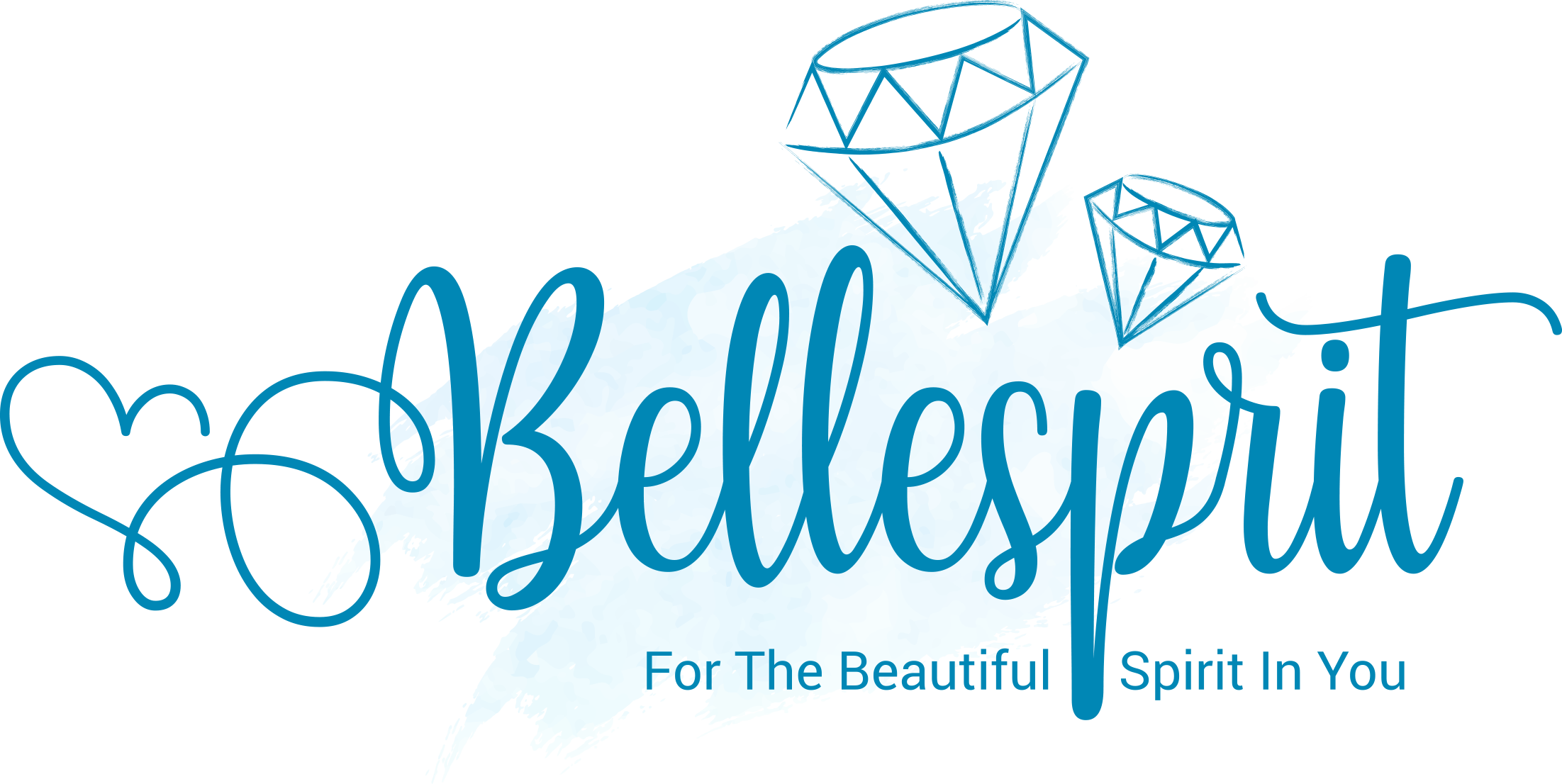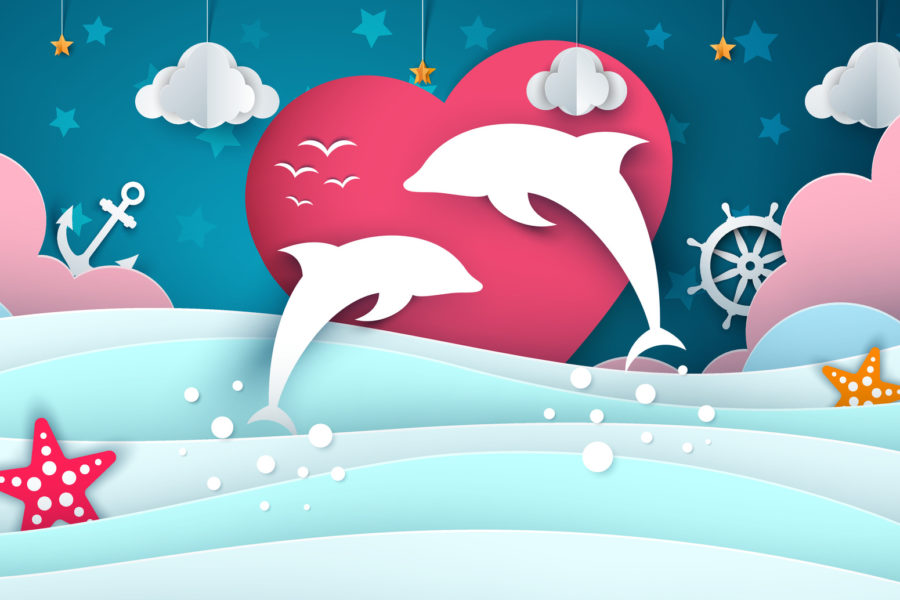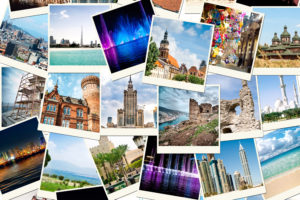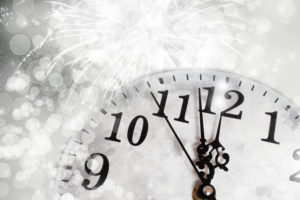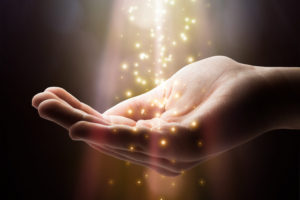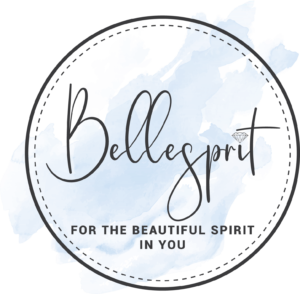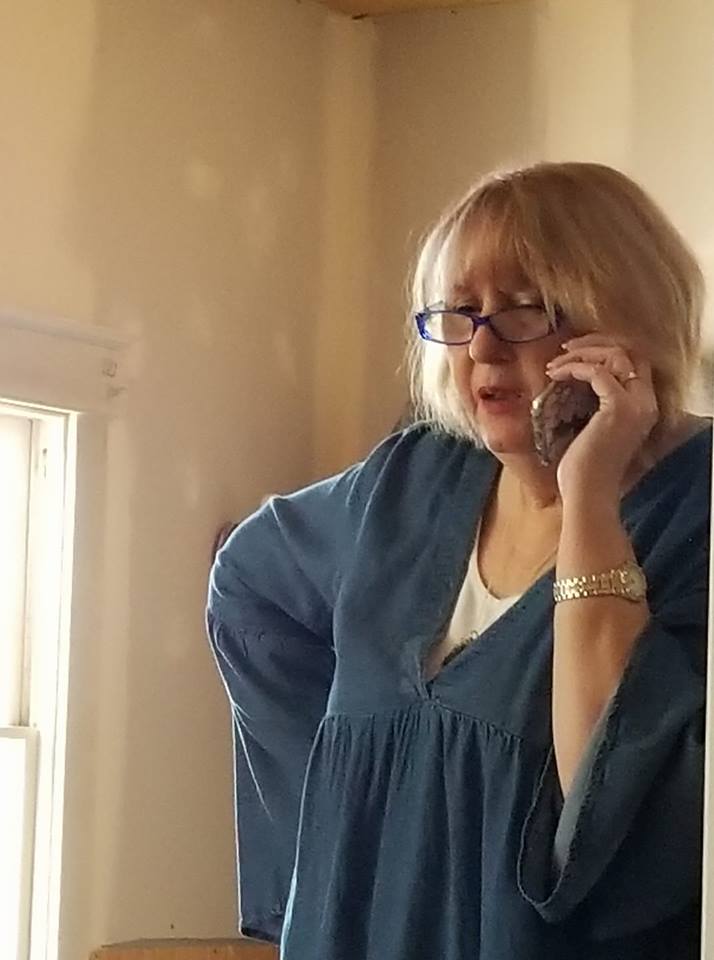By Mandy Peterson
An excerpt from Chapter 8 – Finding our Innate ‘Enoughness’ of the book, I am the Lotus, Not the Muddy Pond.
Read for free online here>>)
To see a world in a grain of sand And a heaven in a wild flower, Hold infinity in the palm of your hand, And eternity in an hour. -William Blake, 1807
We live in an age of over-consumption, over-activity, and over-promotionalism. Sometimes, it appears that almost everyone has something to promote, buy, or sell. Of course, our advancement is complicated by a multitude of spiritual books and gurus who tell us how to thrive and survive in this age–and how to become a product for sale within it–rather than how to transcend it. Thus, we end up subliminally taught that to be unsuccessful in the material world–according to this consciousness of consumerism—means that we are “less than” in some way. We are taught this means that we have “blocks” to clear as if it were a disease.
To me, the best thing that we can do right now to heal the earth, mankind, and ourselves is to work toward understanding that we are whole and enough. We always were. Furthermore, as long as we can unite with our fellow man in loving ways, we will always be safe, supported, and have enough, as well.
What blocks most of us from realizing that we are safe and enough, is we are so afraid to let go of the material, the drama, and the struggle in order to truly come together in peace and love. After all, think about the times you have been upset with the people in your life, what was it about? Were they trying to be more than you? Were you jealous or envious of something they had or achieved? Were they jealous or envious of you? Were they being greedy or expecting too much from you? Were they so focused on work that they had less time to show you that they cared? Were they not appreciating your efforts?
Then, visualize what would happen if we could all come to learn to let this mentality go? “But how is this achieved?” you may ask.
One method is to more closely examine the condition of mankind in order to realize that almost all of our emotions and struggles go back to various feelings of being either less than, more than, or incomplete on some level. Alternatively, if we could allow ourselves to let go of the need for competition and material completion, while aspiring to become more heart-centered and cooperative, we would probably find we had less drama in our lives. However, there is a lot of resistance to letting certain philosophies filter out so that new philosophies and approaches to living can filter in, particularly concerning learning how to balance our yin and yang energies.
What do I mean by bringing up yin and yang energy?
 If one can step back in order to clearly look upon man’s collective interaction with his world, it becomes obvious that mankind currently possesses an abundance of yang energy. Yang energy is representative of the masculine, the doer and the conqueror. It is symbolized by action, fire, and the sun. Collectively, mankind lacks faith in letting go of his predominant yang disposition. We find it difficult to allow our yang energy to be complemented and balanced with the gentler and more feminine yin energies. Yin is not trusted as much, because it has a quality that makes people fear a potential loss of opportunity. Why? Because yin represents surrender, flow, emotions, intuition, gentleness, and receptivity; and those who are predominantly yin may be perceived as not doing or achieving enough. At times, yin is even viewed as weakness or laziness.
If one can step back in order to clearly look upon man’s collective interaction with his world, it becomes obvious that mankind currently possesses an abundance of yang energy. Yang energy is representative of the masculine, the doer and the conqueror. It is symbolized by action, fire, and the sun. Collectively, mankind lacks faith in letting go of his predominant yang disposition. We find it difficult to allow our yang energy to be complemented and balanced with the gentler and more feminine yin energies. Yin is not trusted as much, because it has a quality that makes people fear a potential loss of opportunity. Why? Because yin represents surrender, flow, emotions, intuition, gentleness, and receptivity; and those who are predominantly yin may be perceived as not doing or achieving enough. At times, yin is even viewed as weakness or laziness.
What is not always taken into account is when cultivating a mind-set that is open to abundance is that yin is equally as important as yang, because yin is characterized by receptivity. Yang is also important because yang is characterized by action. Both complement one another to create harmony and balance. In addition to this, incorporating yin with yang allows any yang action we take to be heart-centered.
Think of it this way, when yin in present and trusted, we believe our cup is full and we worry less about outcomes. When yin is distrusted, we believe we have to overstrive or we will miss opportunity for gain. We believe we have to worry about outcomes.
Right now, because our current collective mind-set distrusts rather than trusts the yin energy, it is commonly believed that one must always be active and achieving in order to master life and to receive. This naturally brings about feelings of fear of inadequacy or loss if we should surrender, trust and let go.
As a result, when it comes to many of our current abundance-centered philosophies, the biggest deficit with many of our approaches to abundance is this lack of trust, as well as inability to find it within the present moment; which the present moment often becomes subliminally deemed as not good enough or innately characteristic of a state of lack.
Because we have become so conditioned to think and believe in predictable ways, an alternate way to think of things may not always seem easy or adaptable. For those who do want to begin considering an alternate approach, I suggest that instead of reinforcing a belief in abundance that encourages a deficit mind-set, they can begin to think about what they are really looking for through seeking abundance. It may help to begin their healing process there. For example, what is the feeling state one is attempting to achieve through acquiring ‘abundance?’ Is it acceptance? Is it self-worth? Is it security? It is rest and leisure? Is it freedom or happiness of some form? Then, the key would be to aim to foster within oneself (independent of anything external) the emotional state that one is working toward. Then, visualize allowing that feeling to come from within rather than thinking of ways in which it can be brought through achieving something external in the world.
As a second consideration, it may help to begin to redefine how we perceive abundance.
As we have seen, having—the concept of ownership—is a fiction created by the ego to give itself solidity and permanency and make itself stand out, make itself special. Since you cannot find yourself through having, however, there is another more powerful drive underneath it that pertains to the structure of the ego: the need for more, which we could also call ‘wanting.’ No ego can last for long without the need for more. Therefore, wanting keeps the ego alive much more than having. The ego wants to want more that it wants to have. And so the shallow satisfaction of having is always replaced by more wanting. This is the psychological need for more, that is to say, more things to identify with. It is an addictive need, not an authentic one. (Tolle E., A New Earth: Awakening to Your Life’s Purpose, 2006)
If truth be told, true abundance has nothing to do with gain or loss. With true abundance, there is no fear of what might be lost, nor feeling a need for more to complete oneself. With true abundance, one lives in gratitude for everything one already has in the present moment. This is why, I think, the Bible states that it is harder for a rich man to get into heaven. Heaven is where the heart is. The more we look outside of it to fill a void, the more absent we feel in our heart.
When we know true abundance, we can then begin to see the miracles in the simple things in life. Those who primarily focus on acquiring things, as well as those who need miracles to be extravagant, truly miss the beauty of the miracle.
Why is being able to see the miracle so important?
Even the act of seeing the miracle has a way of making us feel more expansive. Therefore, once we see the miracle, we begin to care for more than just ourselves; we begin to feel a sense of oneness with other living things and beings. We can then feel true joy and bliss. Which, I am sure we all have had small moments such as this, when we grasped the inherent beauty of something seemingly ordinary, and once we fully grasped that beauty, we recognized something beautiful within ourselves as well.
In truth, there is no such thing as striving for abundance. The act of striving states that abundance is absent and needs to be sought. The act of striving also replaces the beauty, wonder, and appreciation of both what one is and what one has. One can only know and accept abundance. For, how can one strive for what already is? To realize abundance, all you have to do is see it and believe in it. There is nothing to attract at a future time. There is only a present moment to enjoy, which the miracle occupies in that moment.
Here is what I believe of the world’s current concepts of abundance: needy people may attract an abundance of things or they may not attract them, depending upon what type of psychological blocks they possess. But, whether or not they attract an abundance of things, the materially abundant and the materially less abundant may both have neediness as a trait in common. I am aware some people do exist who are not needy and who do attract an abundance of things. Such people are easily recognizable because they generously give away this type of abundance or share it. They can take or leave the things they attract.
The needy people who attract many things, and the needy people who do not attract many things, both suffer from the same disease: “never-enoughness.” They allow the true miracle of Peace and Love to escape them.
In the end, here is all anyone needs to know in order to receive the riches within their inner kingdom: inner abundance is not connected to outer abundance. Inner need is, however. Otherwise, there would not be mass numbers of rich and powerful people in the world who have had every need met, who may have fame and fortune beyond measure, and who are still deeply depressed and struggling with various forms of suffering.
Many who have achieved inner abundance have, by choice, lived simply and with less. Why? Because an attitude of inner abundance allows for simplicity because the inner abundant person has less fear, less neediness, less need for control, etc. The truly abundant person is able to embrace the present moment and find love, beauty, peace, unity, and everything else abundant in that present moment.
So, what can we do to feel enough? To continue reading this chapter from the book I am the Lotus, Not the Muddy Pond. The book can be found on Amazon, creates space and kindle.
Remember, within you is a divine lotus that is wholly pure, even though the pond it lies upon might be affected by mud and slime. The muddy waters are not what the lotus is. They do not define the lotus, nor represent its Truth or Beauty. The lotus is still as much a lotus as it ever was.
About the Author:
 Mandy Peterson is a psychic visionary, empath and EFT practitioner. She is the author of “I Am the Lotus, Not the Muddy Pond: Achieving Peace Through Non-Conformity,” and “A Guest In Their Universe.” An artist and graphic designer, Mandy has also created and designed an EFT Divination Kit to compliment the use of EFT muscle testing, and a Healers of the Earth Oracle tarot deck.
Mandy Peterson is a psychic visionary, empath and EFT practitioner. She is the author of “I Am the Lotus, Not the Muddy Pond: Achieving Peace Through Non-Conformity,” and “A Guest In Their Universe.” An artist and graphic designer, Mandy has also created and designed an EFT Divination Kit to compliment the use of EFT muscle testing, and a Healers of the Earth Oracle tarot deck.
Learn more about Mandy here: https://mysticmandy.com/
